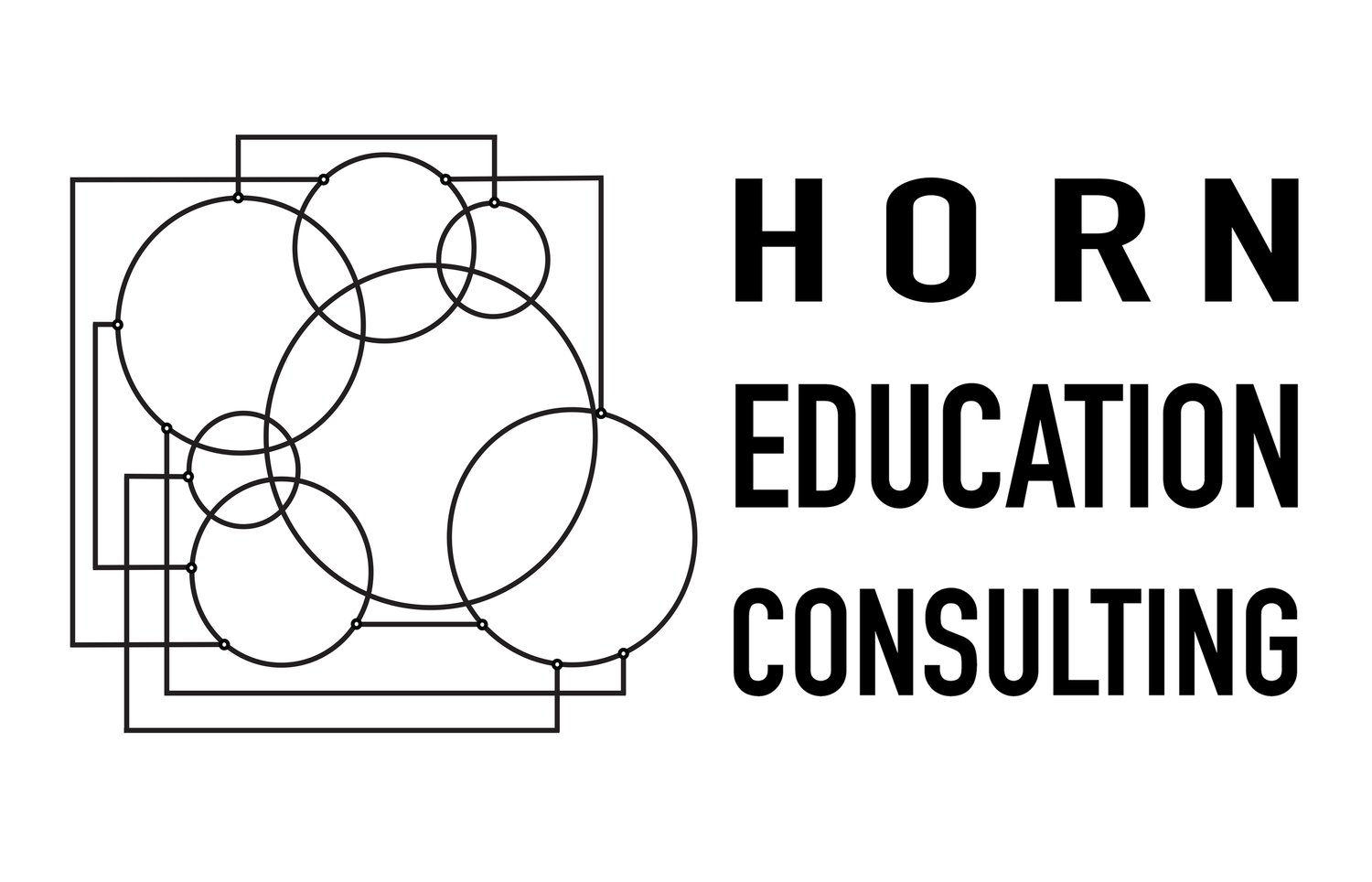Unpacking White Privilege with Peggy McIntosh
The U.S. cultivates a belief in meritocracy: People get what they deserve. Whatever we have, we earned. The problem, of course, is that it’s not true. In this episode, I talk with with Dr. Peggy McIntosh, the scholar who has done more than anyone else in the past 30 years to advance the concept of privilege as crucial for understanding and dismantling our pervasive myth of meritocracy. Whether you are skeptical of privilege or you endorse it as a way to describe part of our social reality, the notion of unearned advantages and disadvantages based on aspects of identity—like race, gender, class, sexual orientation, age, appearance, religion, and physical ability—is part of our national conversation these days, so it’s worth slowing down a minute and thinking about what privilege is and is not.
Special note on episode music: To complement the badassery of Peggy McIntosh, I asked Shayfer James for permission to use instrumental versions of tracks from his fierce new album Hope and a Hand Grenade. Check it out on shayferjames.com, as well as details for the upcoming performance of The Ninth Hour, a fresh take on Beowulf by Shayfer and Kate Douglas, at the Met Cloisters on June 28th.
Related Materials
There are two classic versions of Peggy’s article on White privilege, which may be found online only on The National SEED Project website. The first, published in 1988, is called “White Privilege and Male Privilege: A Personal Account of Coming to See Correspondences Through Work in Women’s Studies.” [Note on capitalization of racial categories.]
The shorter version was published in 1989 as “White Privilege: Unpacking the Invisible Knapsack.” Both versions appear with Peggy’s 2010 “Some Notes for Facilitators,” which is also well worth your time.
Peggy’s new book, On Privilege, Fraudulence, and Teaching as Learning is published by Routledge.
As mentioned in the episode, The National SEED Project will be featured in its own episode later this summer.
The Combahee River Collective Statement (April 1977), mentioned in the episode, was not easy to find for a long time!
Never miss an episode!
Point of Learning is for anyone curious about what and how and why we learn. Important ideas carefully curated. Available about every other month in podcast audio, often with a YouTube companion edition. Subscribe to the newsletter and I’ll reach out whenever a new episode or bonus item is ready!
Can you spare a dime? If you’re interested in supporting this work, click the button below. Point of Learning has partnered with Patreon to keep support simple, with membership tiers beginning at just $3/month—about 10 cents per day.


